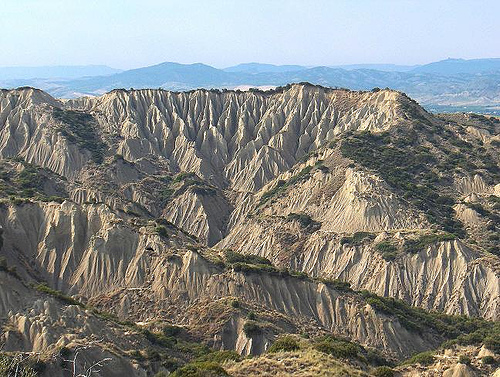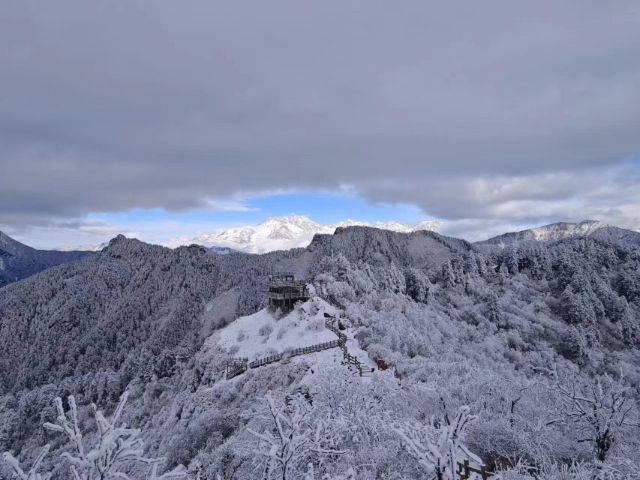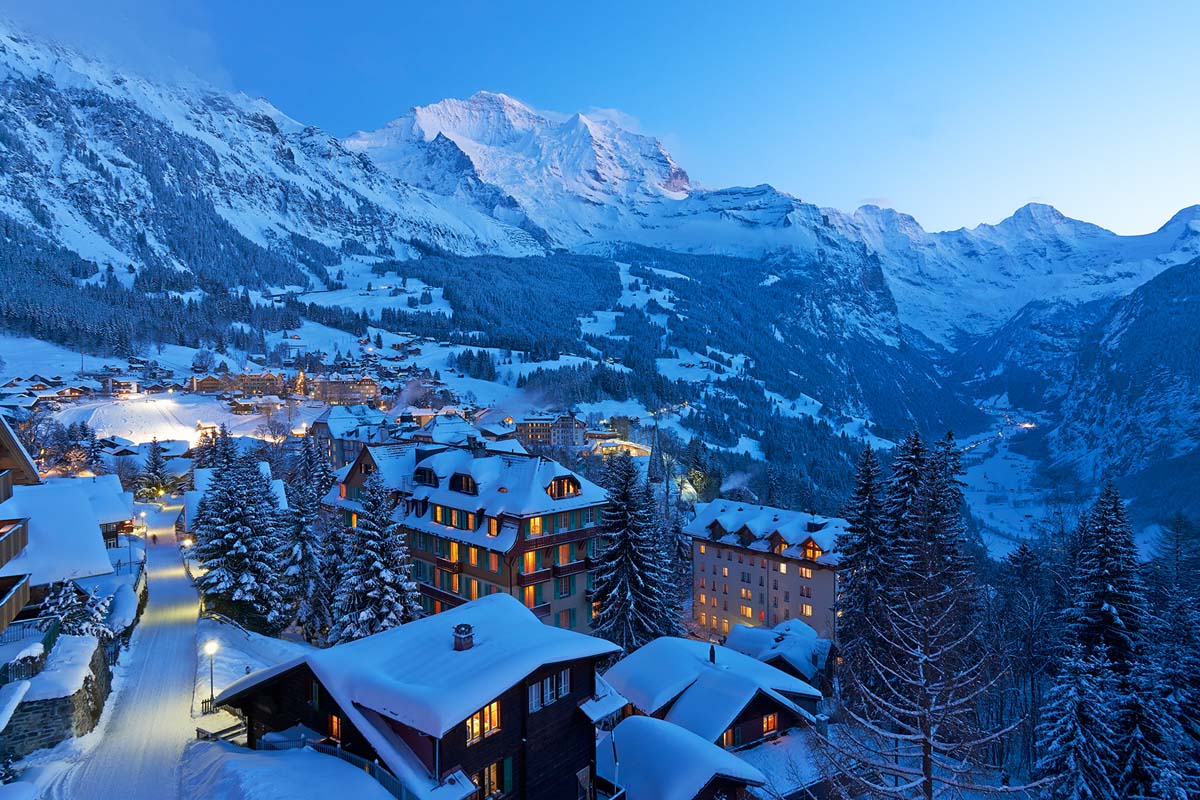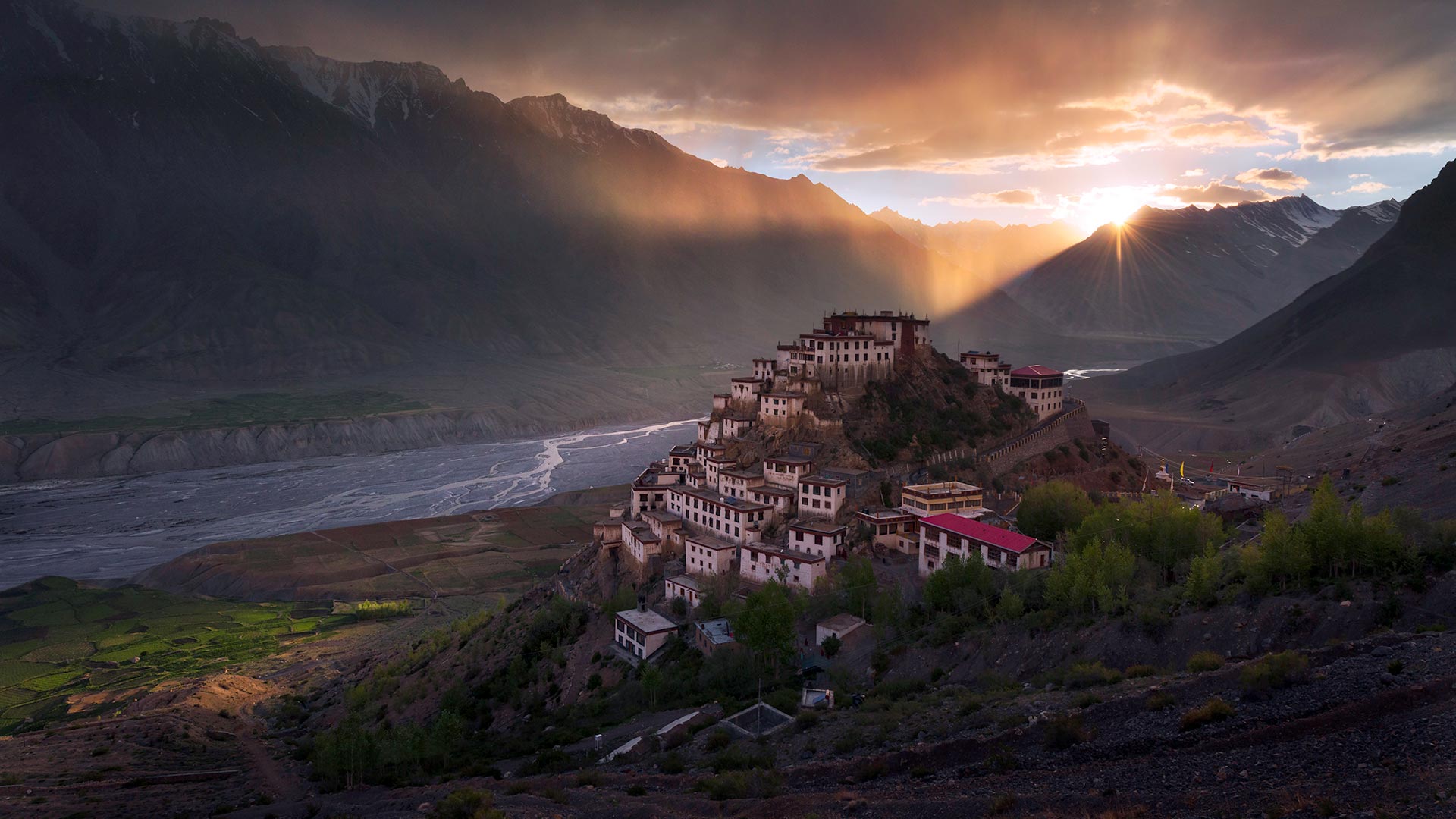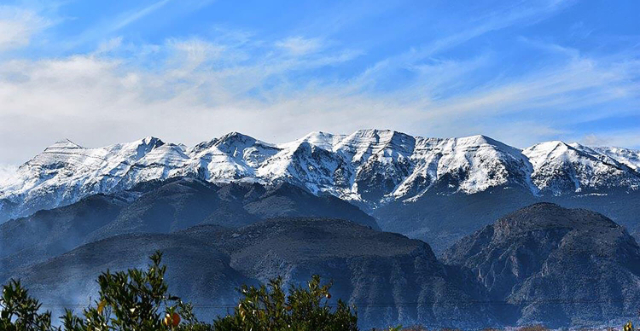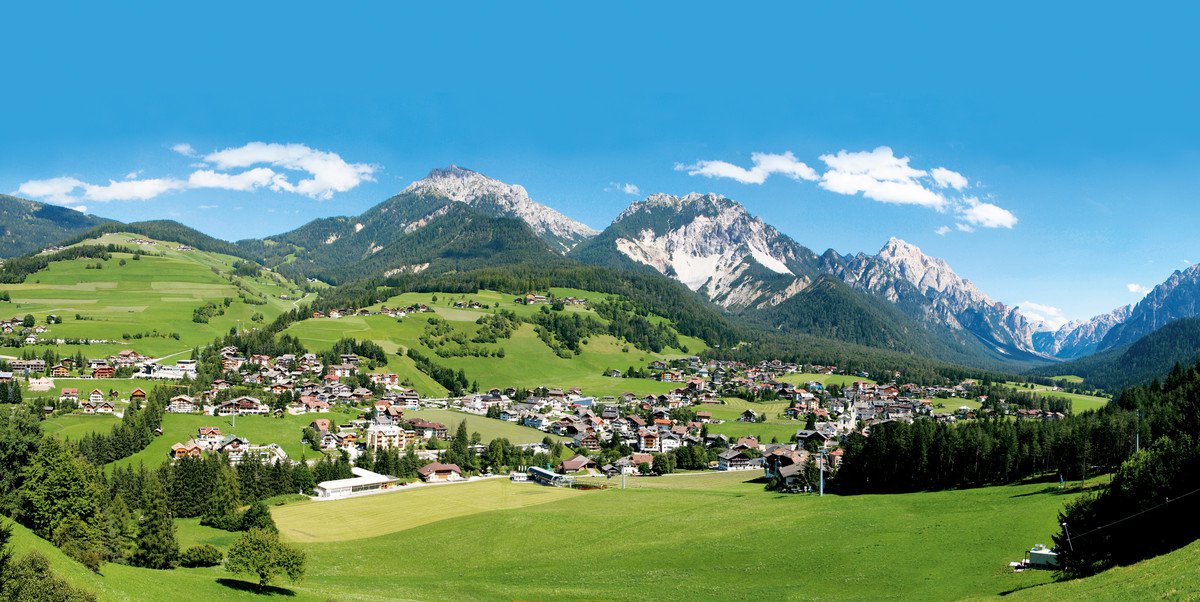From the action of the rain on clayey soils, a scenario of rare atmosphere: that of the gullies, geological formations with unpredictable profiles, whose glow stands out against the blue sky. To be admired in the surroundings of Aliano, together with the memories of Carlo Levi, or in the Calanchi di Montalbano Reserve. Then you can set off towards the clusters of white houses of Pisticci or the endless horizons of Rotondella, the Balcony of the Ionian Sea. Aliano’s past is linked to one of his illustrious "guests", the Turin doctor and painter Carlo Levi.
An important centre of exchange between the Greek, Etruscan and Oenotrian civilizations, as shown by the discovery of a necropolis (7th-6th century BC), whose finds are now kept in the Museum of the Siritide of Policoro, Aliano probably already existed at the time of Pyrrhus (280 BC), but the first official sources mentioning it date back to 1060. In the 8th century, basilican monks took refuge among the various caves dug into the sedimentary rocks of the San Lorenzo ditch, already inhabited in prehistoric times, while in medieval times Aliano was a feud of the Sanseverino, Carafa and Colonna families.
The most recent history of Aliano, however, is linked to Carlo Levi. After a first stop in Grassano, he spent part of his exile in Basilicata in this splendid village, to which he was condemned in the years 1935-36, because of his anti-fascist activity. And it was here, after meeting the people, the precarious conditions in which they lived, their standard of living, that the Piedmontese artist set the book Christ stopped at Eboli (1945).
In the village are still intact all the places described in the novel and in the alleys are imprinted some symbolic phrases of the book, of those years, of that indissoluble bond with the population of Gagliano, as Levi calls the village, imitating the pronunciation of the local dialect, the intensity is still palpable. This feeling is alive more than ever if you reach the cemetery of Aliano where Levi asked to be buried at his death. And so it was.
